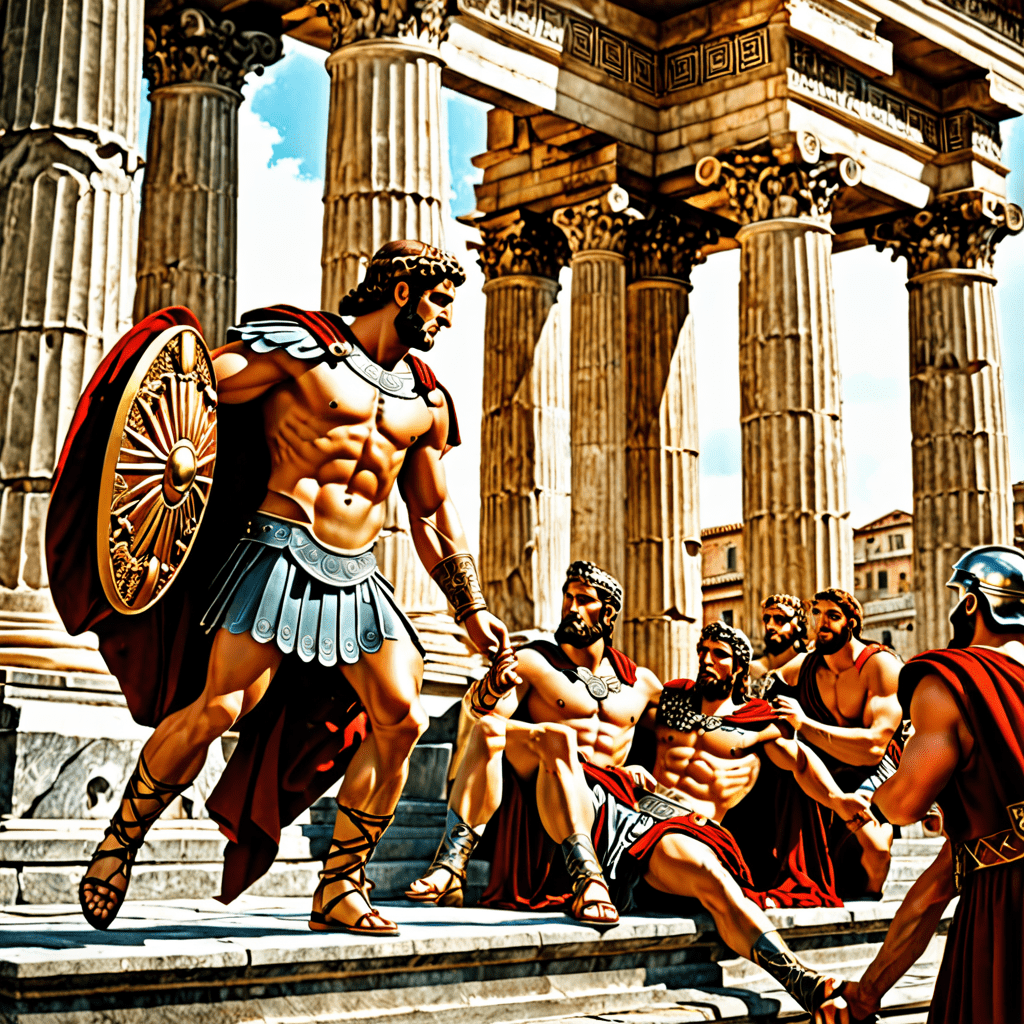The Influence of Roman Mythology on Roman Business Practices
Exploring the Connection: Roman Mythology and Business Practices
From the expansive Roman pantheon to the intricate tales of gods and heroes, Roman mythology played a significant role in shaping not only the spiritual beliefs of ancient Romans but also their everyday practices, including business and commerce.
The Influence on Trade and Commerce
Mythological narratives often influenced how Romans conducted trade and commerce. For instance, Mercury, the messenger of the gods and god of trade, played a crucial role in overseeing business transactions and negotiations. This deity’s attributes, including cunning and eloquence, were virtues that businessmen sought to embody in their dealings.
Mythological Symbols in Business
Roman businesses frequently used mythological symbols in their marketing and branding strategies. For example, depictions of Fortuna, the goddess of luck and fortune, adorned many trading establishments and were believed to attract prosperity. Such symbols were not only seen as decorative but also as sources of divine favor for business endeavors.
The Influence on Leadership and Strategy
The leadership and strategic practices of Roman entrepreneurs were often influenced by mythological figures. The tales of successful military campaigns led by Mars, the god of war, inspired business leaders to adopt tactics of courage, strength, and resilience in the face of challenges. These qualities were deemed essential in navigating competitive markets and achieving success.
FAQ: The Influence of Roman Mythology on Roman Business Practices
What role did Roman mythology play in shaping business practices in ancient Rome?
Roman mythology infused various aspects of Roman life, including business practices. For example, the god Mercury, associated with commerce and trade, influenced how Romans conducted business transactions.
How did Roman businesses incorporate mythological beliefs into their operations?
Roman businesses often sought divine favor and protection by making offerings to gods like Mercury or Vulcan, who was considered the god of industry and production. This reflected a belief that success in business was not solely dependent on earthly factors but also on divine influence.
Did Roman mythology impact the ethical standards of Roman businesses?
Yes, Roman mythology played a role in shaping ethical guidelines for businesses. The concept of “fides” or good faith, attributed to the goddess Fides, emphasized honesty, integrity, and trustworthiness in business dealings. This ethos influenced Roman business practices and relationships with customers and partners.
Were there specific rituals or ceremonies related to Roman mythology that businesses followed?
Business owners often conducted rituals or ceremonies, such as prayers and sacrifices, to seek the blessings of specific gods associated with commerce or prosperity. These rituals were believed to ensure success, good fortune, and protection for their ventures.



